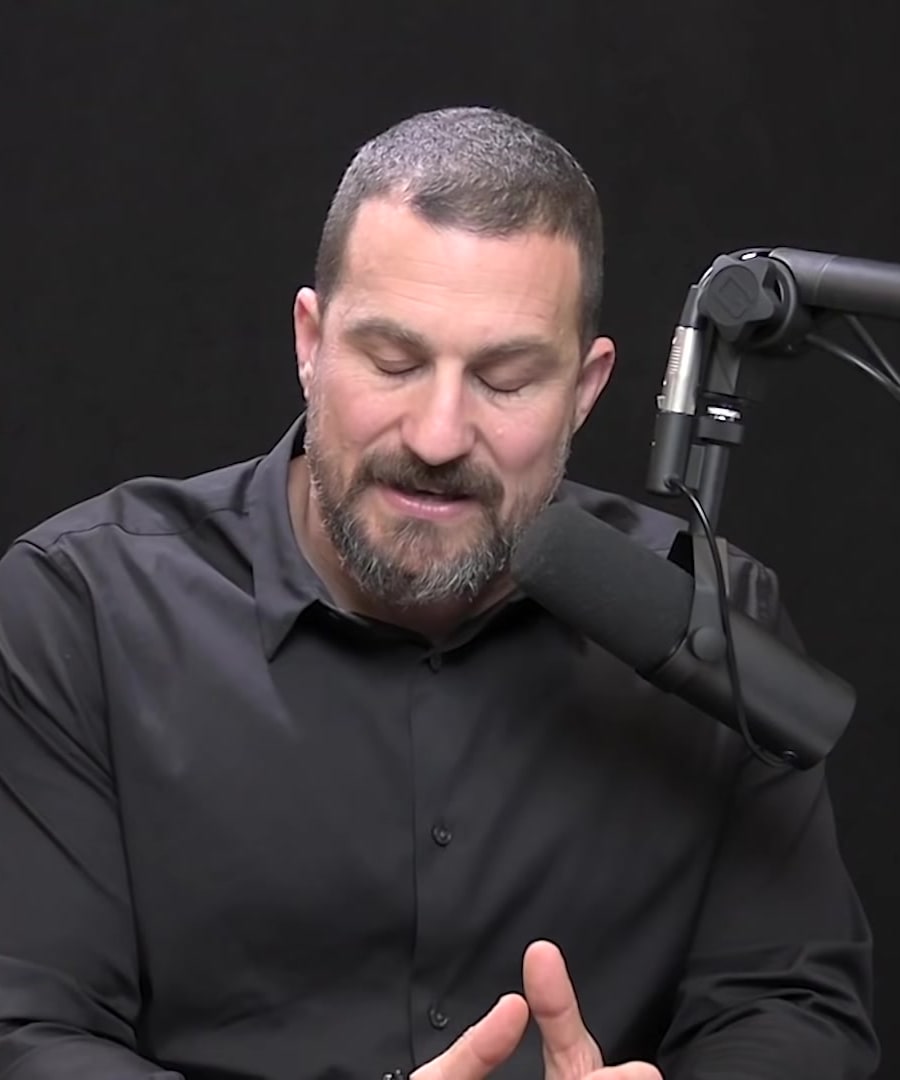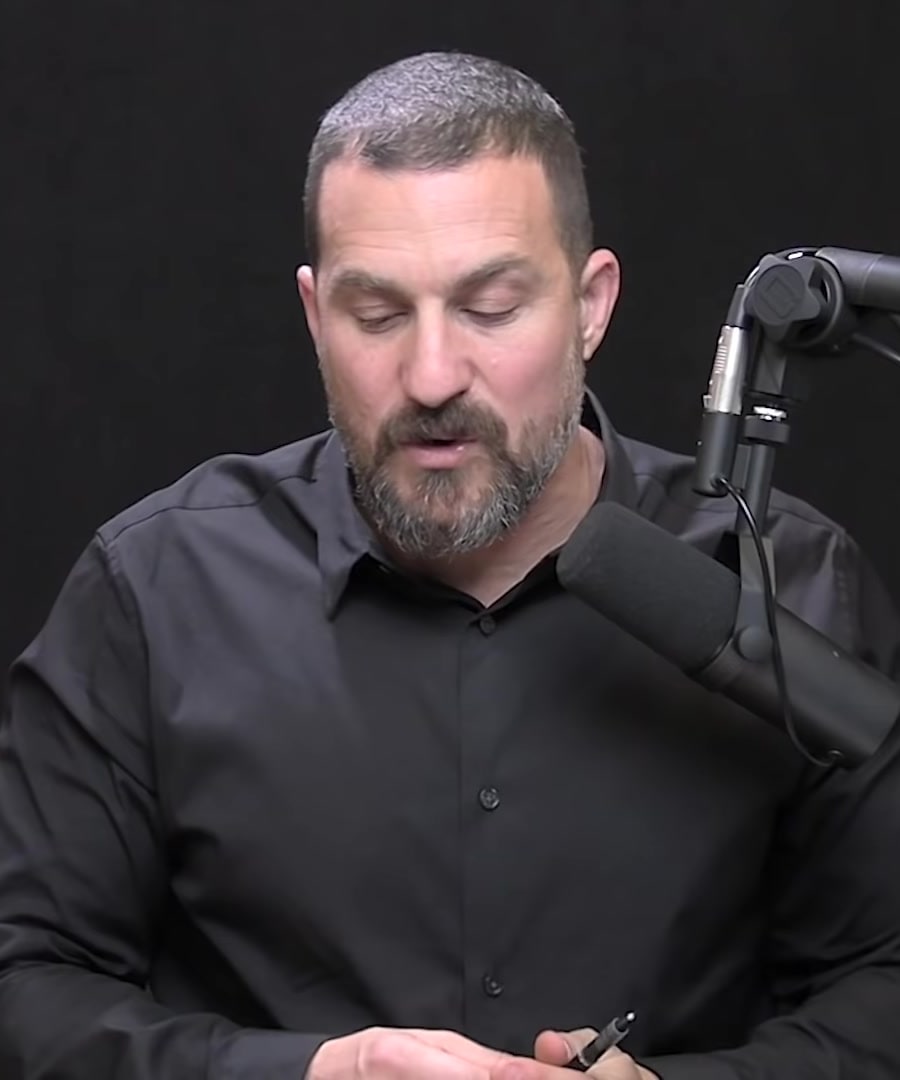Should we skip morning exercise if we have slept late or haven’t had proper sleep or are sleep deprived?
Sources:
If you've had poor sleep or are sleep deprived, exercising the next morning can be beneficial up to a point. Here are the key insights from on this subject:
-
One Night of Poor Sleep: If you only missed sleep for one night, it's generally advisable to go ahead and exercise. Studies show that light to moderate exercise can help alleviate some of the negative effects associated with a lack of sleep, such as impaired glucose regulation and cognitive function 1.
-
Adjusting Intensity: When exercising after a poor night’s sleep, reduce the intensity and duration of your workout. A decrease of 25% to 50% is suggested to mitigate the risk of injury and excessive fatigue 2.
-
Immune Function Considerations: While some exercise can improve immune function, it's crucial not to overdo it, as too much intensity can make you more vulnerable to illnesses, especially when sleep-deprived 3.
-
Long-term Sleep Needs: Regularly sacrificing sleep for exercise isn't recommended. Sleep is essential for overall health and recovery, and while exercise can partially offset the effects of one bad night, it should not replace adequate sleep 4.
-
Staying Mindful: If exercise disrupts your sleep schedule or makes you feel worse, it may be better to prioritize rest instead. Listen to your body and act accordingly 2.
In summary, if you're sleep deprived but it's only a one-off instance, mild to moderate exercise can be beneficial, just be mindful of the intensity and ensure it doesn't interfere with getting back to a normal sleep schedule.
RELATED QUESTIONS-
Should we skip morning exercise if we have slept late or haven’t had proper sleep or are sleep deprived?
- RELATED QUESTIONS



